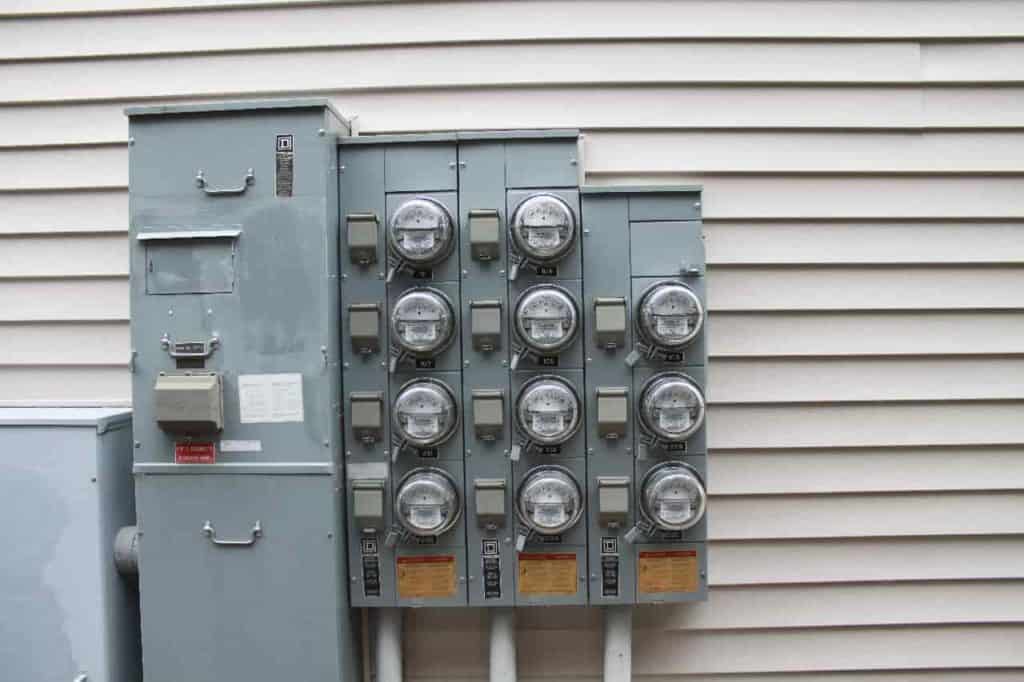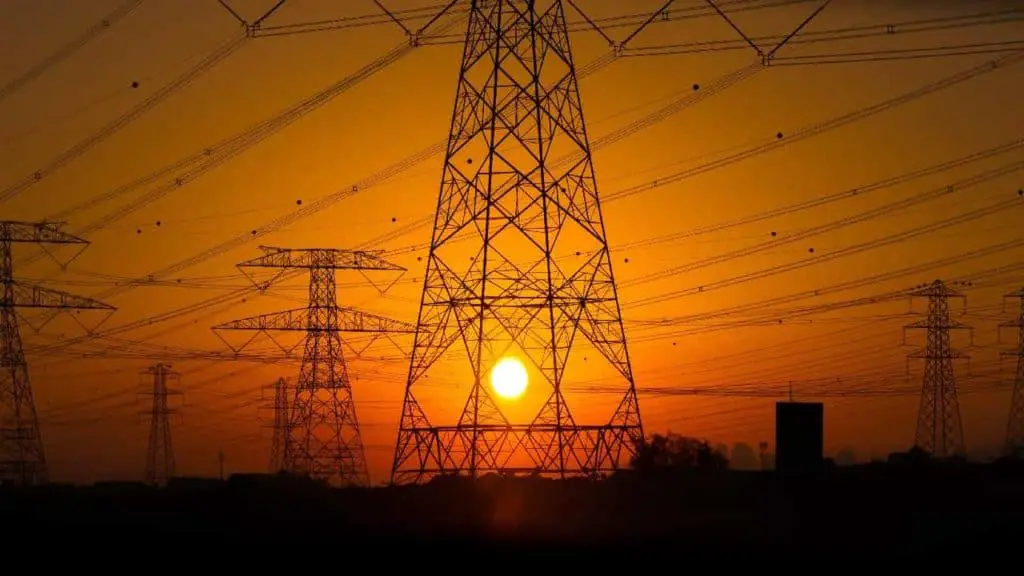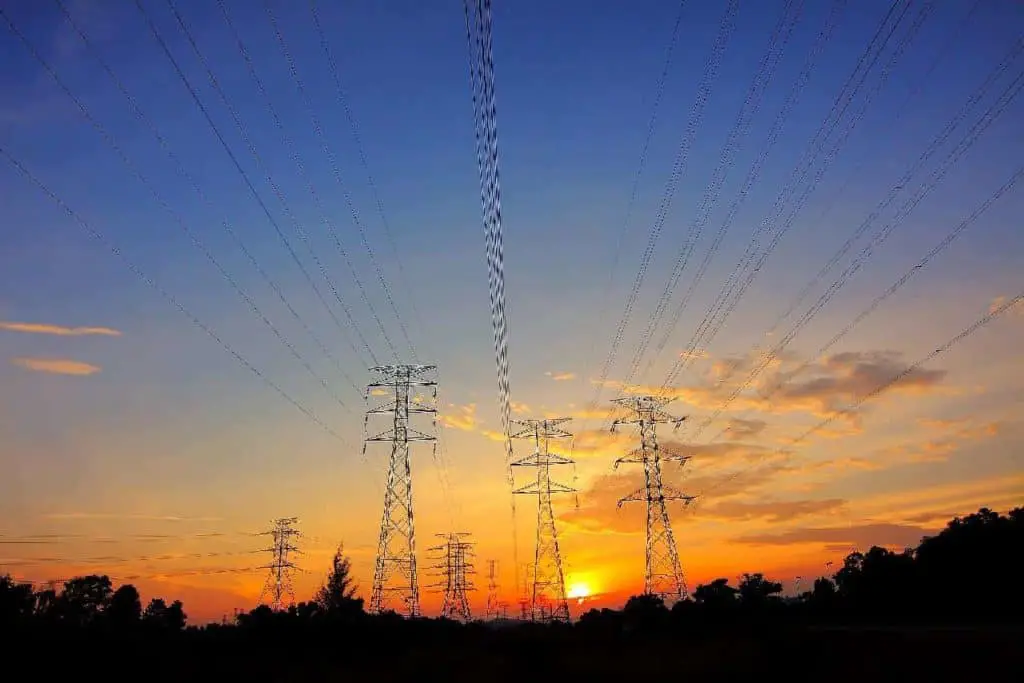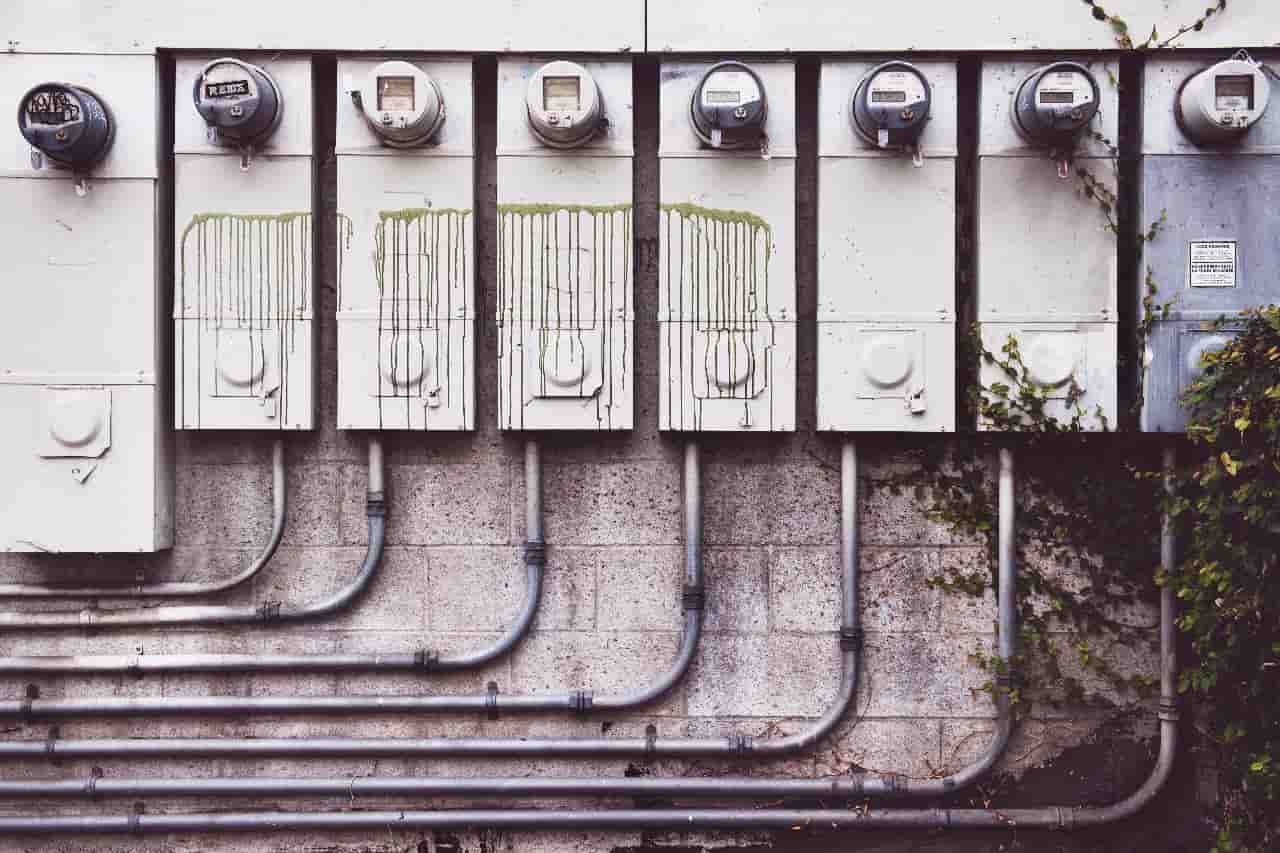With electric bills comes responsibility. You may want to hand the responsibility of overseeing your electric bill to another person by putting it in their name. With so many regulations and varying policies, navigating the legalities of putting your bill in someone else’s name can be confusing, leaving you to contemplate what is actually permitted.
You can legally put your electric bill in someone else’s name as long as the other person is an adult, has given you permission, lives on the property, or is involved with its rental/ownership agreement. However, some renters may be prohibited from doing this because of restrictions in their lease.
Read on for an in-depth guide regarding the limitations of putting your electric bill in another person’s name, what conditions need to be met, and what factors to consider before making the change.
Pros and Cons of Putting a Bill in Someone Else’s Name
Depending on why you’re doing it, (say save money moving cross country) putting your utility bill in another person’s name can be detrimental or beneficial. To help you weigh that decision, let’s review both the negatives and positives of such a move, starting with the good.
Pros
The positives of putting your electric bill in someone else’s name include:
- Residence Evidence for Immigration Purposes
If you’re married to a non-citizen, having their name appear on your providers utility bills may be in your best interest if they’re required to have evidence of their residence. It provides additional paperwork and a documented account number to enhance immigration applications where proof of cohabitation is needed.
Joint utility service is also handy if you decide to add both names to your bill as a contact.
- You Can Reap the ‘New Customer’ Benefits
Suppose you decide to open an electricity account with your name on it later on. In that case, you may be offered new customer discounts that you wouldn’t qualify for if the service provider in question knew that you’ve been using their services under a different name. In other words, you’ll be mistaken for a new customer and enjoy some of the discounts that come with that new status from companies.
- You Can Still Get Service with Poor Credit History
When applying for electricity and other utility services, utility companies usually request personal information, such as proof of your social security or ID number. One of the reasons they do this is to run a check on your credit history. A good track record of timely payments makes it easier to secure services, and the reverse is true for bad history.
If you don’t have the best credit history you can improve your credit score easily. Additionally, putting your electricity bill in another person’s name (a roommate for example) can make it easier to get service.
Cons
Having another person’s name on your electricity bill can also have the following drawbacks:
- You Could Be Without Service if the Person Moves
When you have your electric bill in another person’s name, you’re always at their mercy as far as enjoying uninterrupted service goes. If they, for whatever reason, decide that they no longer want their name appearing on your bill, you’ll need to re-acquire that service in your name. This means you may go without power or internet for a while as you go through the necessary steps. However, there are ways to save money on streaming services still.
For example, say a tenant or roommate move, you may be stuck with the balance. You’ll have to pay the balance on the account number. Additionally, this person may have to pay early termination fees.
- You Can’t Make Account Changes Independently
Even if you’re the one who actually pays the electric bill despite having it in another person’s name, you can’t make a request or changes to the account without this individual present. If they live far away, this can be quite an inconvenience.
- You Might Lose a Share of the Property
This only applies to couples living together. If you own the home and your spouse’s name appears on your electric bill and all other utility bills as well, they may be able to claim a share of your home. Their basis would be that they contributed significantly to household expenses under the belief that it was a joint home.
This is possible even if the property, mortgage, and all mortgage payments are in your name. It would be particularly tough to win such a case in court if your partner also covers non-utility bills, like food.
- You May Lose Some Customer Rights
When you’re not getting services under your name, you tend to lose some rights as a customer. For instance, if you’re eligible for a certain type of assistance, you can’t get it in the other individual’s name, especially if they don’t qualify for that type of assistance.
The Legalities of Putting a Bill in Someone Else’s Name
You won’t get in trouble with the law for putting your electric bill and any other type of utility service bills in someone else’s name. However, there are several conditions to be met beforehand.
- The first is getting the other party’s permission before putting your electric bill in their name. If you do it without their consent, you’ll be looking at identity theft charges if they find out (which they will) and take legal action.
- Second, the person added must be an adult
- Lastly, he/she must also reside in the property. Alternatively, they should be somehow connected to its rental or ownership contract.
If you rent and are a tenant, you have an extra factor to take into account: your landlord. Most landlords and section 8 landlords do not pay electric bills.

Depending on the lease agreement, your landlord might not allow you to put your utility bill for the house in someone else’s name (even with the other person’s permission). Since lease agreements vary greatly, you’ll need to check your lease paperwork to determine whether that’s allowed.
It’s also crucial that you contact your service provider company when changing the name on your electric bill. Otherwise, this transfer may be considered fraud even if the other party consent to having their name appear on your bill.
In such a situation, both you and the other person will be accomplices in illegal fraud and defrauding the service provider out of money by providing false account holder information.
Sometimes parents may be tempted to put their electric bill in their child’s name. But, even with their consent, it’s illegal. That’s because despite meeting the requirement of living in the house, they’re not adults, and the law doesn’t allow minors to enter into new utility contracts or sign financial contracts. Additionally, failure to pay the bill can leave a negative mark on a child’s credit reputation. Most providers will inform and explain this to parents.
It’s important to understand that the person whose name you put your electric bill in will be responsible for paying the money for it. The utility company or collections agency won’t try to collect money directly from you if the bill isn’t paid. Instead, they’ll go for the person listed on the bill regardless of whether they permitted you to use their name.
If you did so without their consent, they’d only be let off the hook if they can identify you. Otherwise, they’ll have to go through a lengthy legal battle to prove that the debt is false and caused by identity theft.
Can You Put Your Ex-Spouse’s Name on the Electric Bill?
In most cases, the issue of having a utility bill in another person’s name happens with married couples and ex-spouses. Since marriage is a unique kind of living arrangement, the rules are different, and that’s why we must dissect this issue with a special focus on ex-spouses.
So far, we’ve established that putting your electric bill and any other type of utility bill in another person’s name without their permission amounts to identity theft. However, the case for ex-spouses may be slightly different.

Whether having your ex-spouse’s name on your electric bill amounts to identity theft will depend on when the account was created.
If the account already existed before separation, and you continued racking up the bill in their name after divorce, this wouldn’t be considered identity theft even if you kept the account active without their knowledge and consent.
The only time this would pass as identity theft would be if you used their personal information to create the account AFTER the divorce.
It’s critical to remember that, even if you may not be charged with identity theft for keeping a utility account running and racking up bills in your ex-spouse’s name after divorce, you could still face other charges. Your ex-spouse will be held accountable for the bill by the utility company provider, but if they sue you for that amount and provide sufficient evidence, a small claims judgment will likely rule in their favor, and you’ll have to pay the bill.
What if Your Ex-Husband/Wife Puts Their Electric Bill in Your Name?
If it’s the other way round (i.e. your ex-spouse puts their electric bill in your name after divorce), there’s a way forward. When the collections agency contacts you about payment, note down their name and address and demand (in writing, not verbally) a copy of the disputed bill.

When the bill arrives, review it and write back to the collectors explaining that it isn’t yours and that you dispute it. When sending the dispute, be sure to attach a copy of your divorce agreement as well as your address.
What will happen afterward will depend on the provisions of your related separation agreement. If this paperwork demonstrates that no agreement was struck to have you pay your ex-spouse’s utility bills, you may be let off the hook for payment as long as the disputed electric bill account wasn’t jointly held or created when you were still together.
- If the account was existing before the separation and your ex-spouse simply kept it running and accumulated bills in your name without making a payment, you’ll have to pay. Later on, you can pursue the matter in a small claims court.
- If the account was jointly held and your spouse kept it active after the separation and racked up a large bill, the utility company will try to collect from both of you. This means that you might end up paying for half of your ex-spouse’s electricity bill that was incurred after you separated.
How To Change Account Holder Information
The degree of difficulty you’ll face when changing the name on your electric bill will depend on why you want to do it and the service provider will demand an explanation. If you just got married and are looking to shift the bill to your spouse’s name, it’ll be a relatively simple process involving a few steps. However, if you’re looking to change the account holder to a person that’s not your partner, the process will be slightly longer with questions from the provider.
To put your spouse’s name on your electric bill following marriage, start by contacting your utility company to explain the situation. Some service providers will implement the change instantly, while others will issue a “change of account holder information” form for you to fill. While utility bills are not one of the online dating lessons learned, it is a topic nonetheless.

If your provider is in the latter category, fill out the form and send it back with all the required documentation, including a copy of your marriage certificate.
Most utilities and providers will make account changes for free. You could set up direct deposit as well. Know your bank direct deposit times to be sure you have funds.
If you usually manage your electric bills online and post payments, it’ll be even easier to change the account holder to your spouse. Most utility companies that allow online bill management will allow you to edit the account holder’s information on the same platform.
- To do this, log in, edit your name, and indicate the reason for that change.
- Click on “update information,” and you’re all set.
To transfer your electric bill to a person you’re not married to, you’ll need to create a new account. This person will also need to visit or call the utility company to inform them of the changes and request the bill transfer and prove identity. A provider will usually do this for free.
Once that’s done, you can create a new utility account in this person’s name. Since applying for utility services involves running a search and credit checks, it takes longer for the new account to be approved than changing the name on an electric bill after marriage to someone else.
Can You Put Two Names on an Electric Bill?
It’s not uncommon for roommates, couples, and business partners to open joint accounts to split the cost of electricity. However, an agreement must be struck between the involved individuals to iron out details, like the share of the total bill each party will cover and the extent of control each person will have over the account. Once this is out of the way, putting two names on an electric bill is pretty straightforward. There are many articles online covering this.
The first step involves contact with the utility company. Both of you need to be present, whether you’re doing this in person or over the phone. If you’re calling, select the “speak with a customer representative” option or something similar, like “billing representative” and “account management.” If you’re looking to open a new jointly held account, select “set up an account.”

Both parties need to be present because the customer service representative will ask several questions that’ll require answers from both of you. Specifically, they’ll require both of you to provide the names and address associated with the account. If you’re setting up a new account, one of you can provide the address.
The customer service representative will also require an explanation for why you’re looking to add a second name to the electric bill for your house. If you’re setting up an account from scratch, you’ll also need to justify having two names on the bill. Once this is out of the way, the representative will guide you through the remaining steps.
The rest of the setup process may differ from one utility company to another. It’s also worth noting that some companies may not allow you to put two names on a utility bill over the phone. Instead, they’ll require both of you to visit a local branch. If a verbal over-the-phone confirmation is accepted, it may be captured in a third-party witness line or a recording. Setup is usually free.
Can You Put Two Electric Bills in One Name?
This is an important consideration whether you’re putting your electric bill in someone else’s name or adding another name to your bill to share the costs. The biggest concern is, will the other party be prevented from having another electric bill in their name because their name appears on yours? The answer is no.
Anyone can have more than one electric bill in their name. It’s precisely how many Americans cover the utility bills of their friends and relatives, as well as those with smart passive income streams by multiple properties.
Each bill can be connected to a different address (where the power is consumed), and you can have the usage charges for all accounts sent to your address. Some companies make it convenient to pay multiple bills by allowing customers to create an online account, link all their accounts in their name to a single username, and make several payments at once.
Summing Up
In a nutshell, we’ve established that it’s legal to put your electric bill in someone else’s name as long as that person is a consenting adult, a resident of the property (or somehow connected to its ownership/rental), and gives you permission.
Putting your electric bill in a person’s name without their permission amounts to identity theft, with slight differences when ex-spouses are involved. Lastly, it’s legal to have more than one electric bill in your name with providers, and the same goes for putting two names on one bill.



